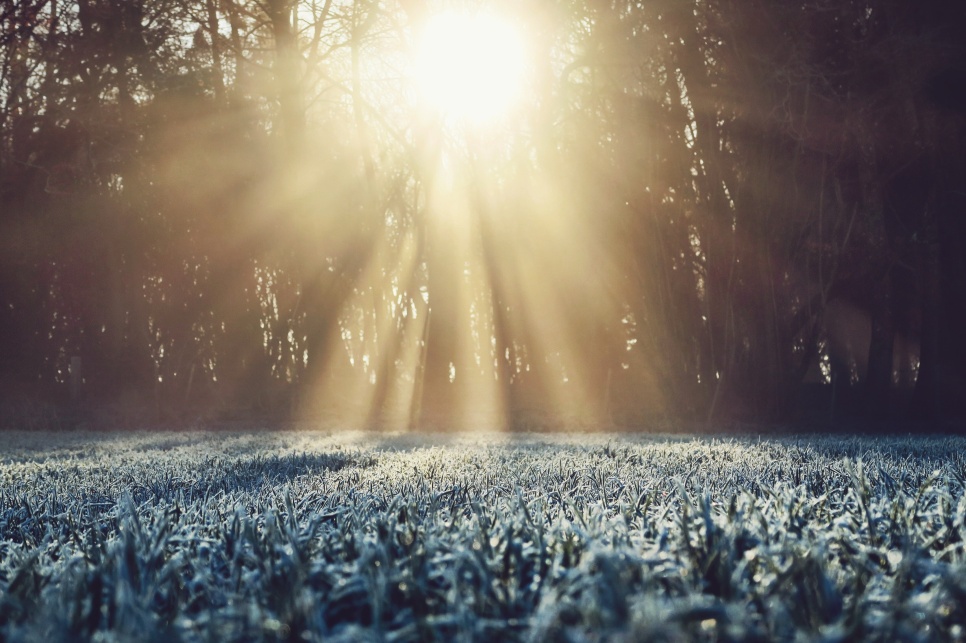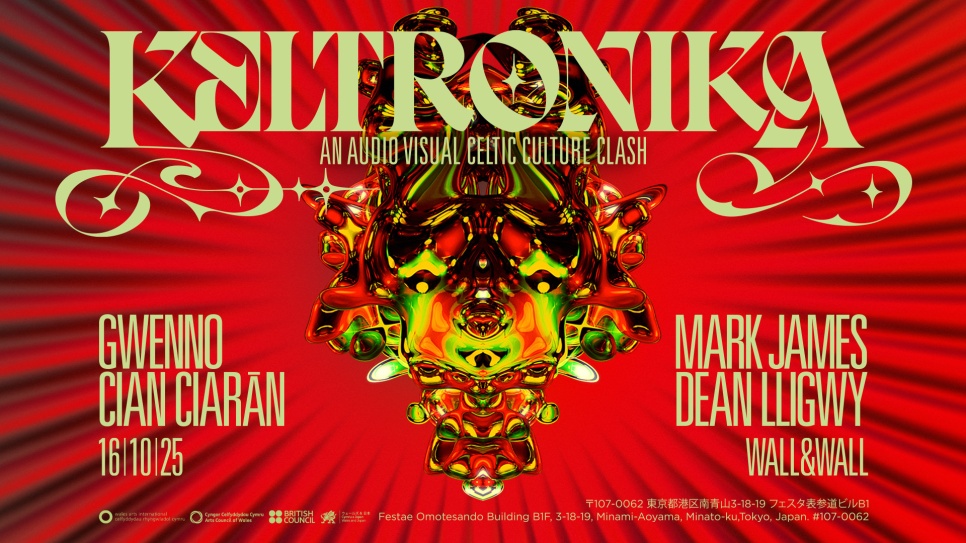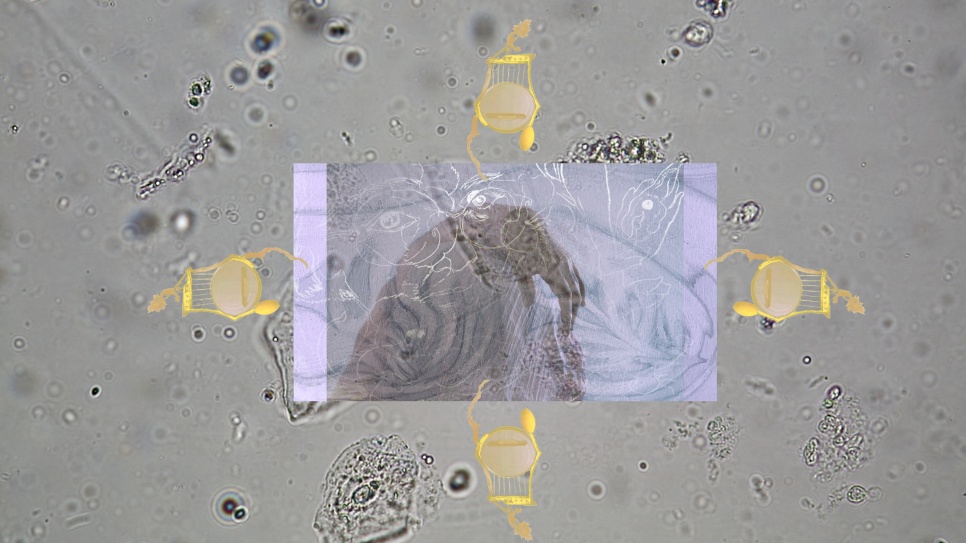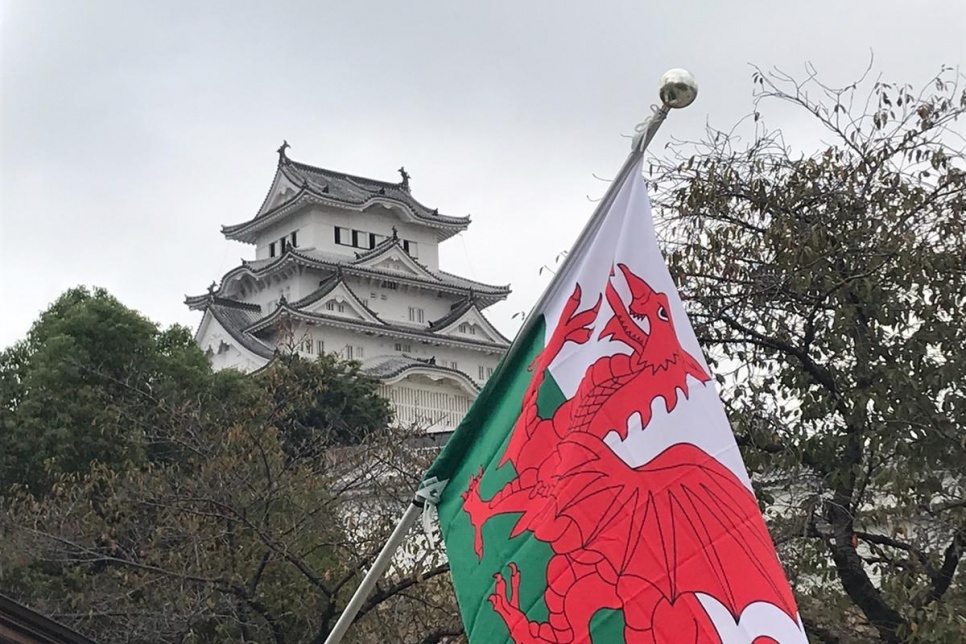The Gwrando programme was created as part of the United Nations Decade of Indigenous Languages and to allow artists to listen and learn from the many endangered Indigenous languages of the world. Here is Iola Ynyr talking about their project and journey so far.
Coflaid's original intention was to aim to listen to Canadian indigenous communities about their experience of addiction. As an alcoholic in recovery, I understand the element of shame and taboo that comes with admitting alcohol addiction and even more so with minority culture.
Having set this goal, I am still in the process of forming a link. I had been invited to attend a Native Music Festival in Toronto last year to represent International Arts Wales and have the opportunity to network with potential contacts, but unfortunately, due to my conviction for drinking and driving under the influence of alcohol, under Canadian Government rules, it was not possible for me to go to the country.
I have been trying alternative ways of contacting, thinking that I am within reach through the contact of other artists but stumbling at the shore with individuals advising that this is a stumbling block to make contact. That focusing on addiction as a starting point is disrespectful, raising suspicion from communities that have already experienced so much abuse from white people. The arm's length connections do not want to negotiate with their native contact to prevent disruption.
What would you like to share about your journey?
I have learned a key important lesson in the process of Listening. Listening comes first, contact and then when respect has been established it is possible to investigate the possibility of discussing sensitive issues.
I don’t have the right to insist on leading the discussion for my own ends but rather to listen to what’s being shared and start a creative process after this. Thanks to the Gwrando Fund for enabling me to reconsider, reflect and open my mind not to my own needs but to hear that the journey towards engendering trust and being able to ‘hear’ the Indigenous voice is on that community’s terms.
What are your aspirations for the United Nations’ decade of Indigenous Languages?
That every individual in the world’s large and Indigenous communities can understand that the world’s ‘hidden’ languages, those that have now ceased to exist, those that have held their own through art and those that are at risk carry more than a language but the history of oppression that needs to be voiced, heard and respected. That languages like individuals receive privilege without realising it and suffer oppression without the freedom to imagine more for themselves. That the modern world that is destroying itself apace needs the Indigenous languages and their culture to discover its path back to caring, peaceful living showing respect for the earth not only for today but for future generations.
What is the one practical lesson you have learnt and want to share with other artists working with Indigenous languages?
I have learned that the oppression of the Indigenous communities means that we cannot have access to hear them regardless of how ‘careful’ or ‘considerate’ we are as individuals. That it is the communities of those Indigenous languages that have the intelligence and the right to choose what is shared and disclosed and it is our privilege to hear, where appropriate, what is being said.




